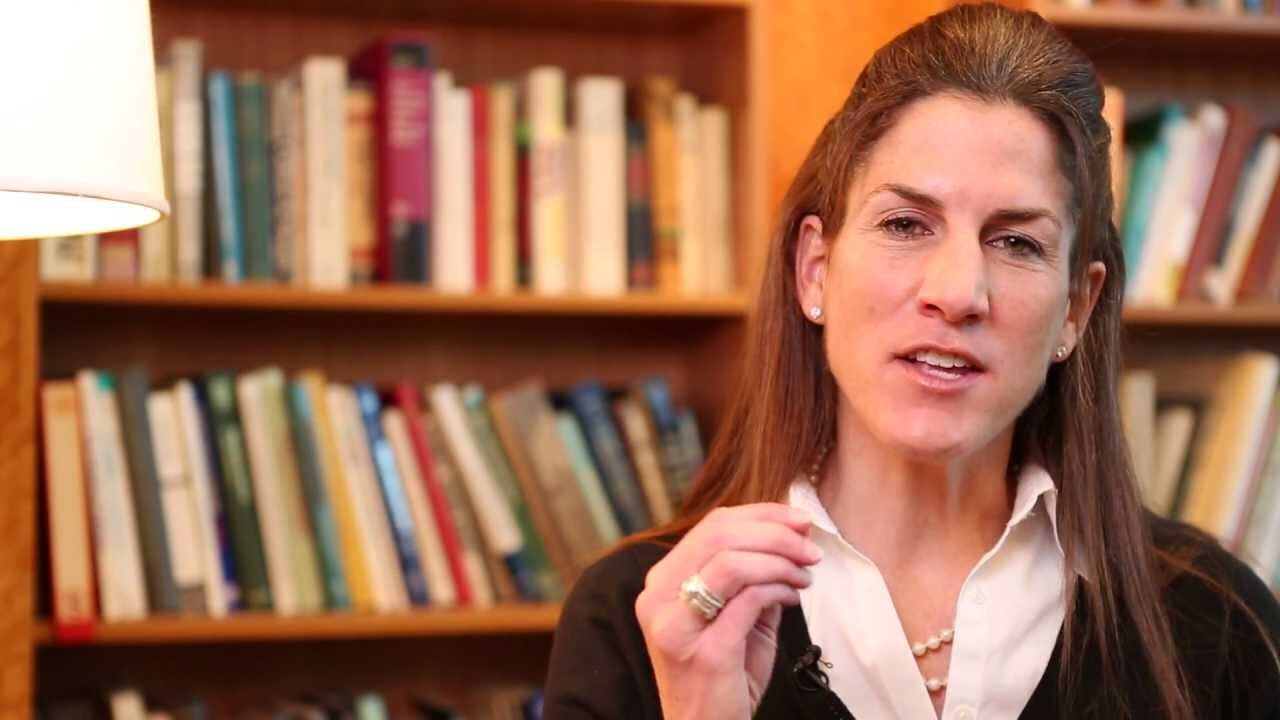When should two words, put together, become one word?
This is a question that gets right at the heart of compound words. And it’s one that dictionary makers (or lexicographers) have to confront when they decide whether a compound—or two words that look like they might be a compound—should go into a dictionary. Should those two words be considered one lexical item?
It’s a fair question to ask: How do we know when two words next to each other form a compound, as opposed to being two words simply sitting next to each other?
To answer this, let’s think about the compound bluebird. A bluebird is a particular kind of bird. It’s different from a blue bird. And you can hear that in the way we say it. A bluebird, as a particular kind of bird, is a compound in which the stress comes on the first syllable. It sounds like its own word with that stress pattern: a bluebird.
Now, if I were instead trying to distinguish between two birds that I saw—a blue one and a red one—you would hear that I give the adjective and the noun almost an equal weight in terms of stress. I am talking about a blue bird versus a red bird. So there is a difference in how the stress works between the compound version and the version in which the adjective, blue, and the noun, bird, are simply sitting next to one another.
You can hear a similar stress pattern with the word blackboard, as in the teaching tool in a classroom. This is not just any black board (equal stress on both words), but a blackboard (stress on the first syllable). And again, the meaning of the compound blackboard surpasses the meaning of just black and board together.
So how do you spell compounds? Should they be one word, two words, or have a hyphen?
I’m sorry to say the answer is: It depends. And there isn’t always agreement on this.
If you look in different dictionaries, you may well get different answers for any given word. In the fourth edition of the American Heritage Dictionary, dishrag and dishtowel are both one word; at merriam-webster.com, dishrag is one word and dish towel is two. When in doubt, the safe option can be just to put a hyphen in there (dish-towel).
That said, I should note that in 2007, the shorter Oxford English Dictionary removed 16,000 hyphens from its dictionary. In some cases, the compound became one word (pigeonhole, bumblebee), and in some cases the compound became two words (ice cream, test tube). Some folks think hyphens in compounds can look unattractive or old-fashioned (yes, I did use a hyphen there).
So let’s imagine you’re pulling an all-nighter responding to email and find yourself thinking, “Wait, how do I spell all-nighter and email?” There isn’t one answer to that. In standard dictionaries you’ll often see all-nighter with a hyphen, and email with no hyphen. But I don’t think anyone would blink an eye at all nighter, allnighter, or e-mail should you have a soft spot (just to get in one more compound, generally no hyphen) for any of these alternate spellings.
This video originally appeared in LSA Today, where you can find more videos, including an archive of Anne Curzan’s discussions of language.



